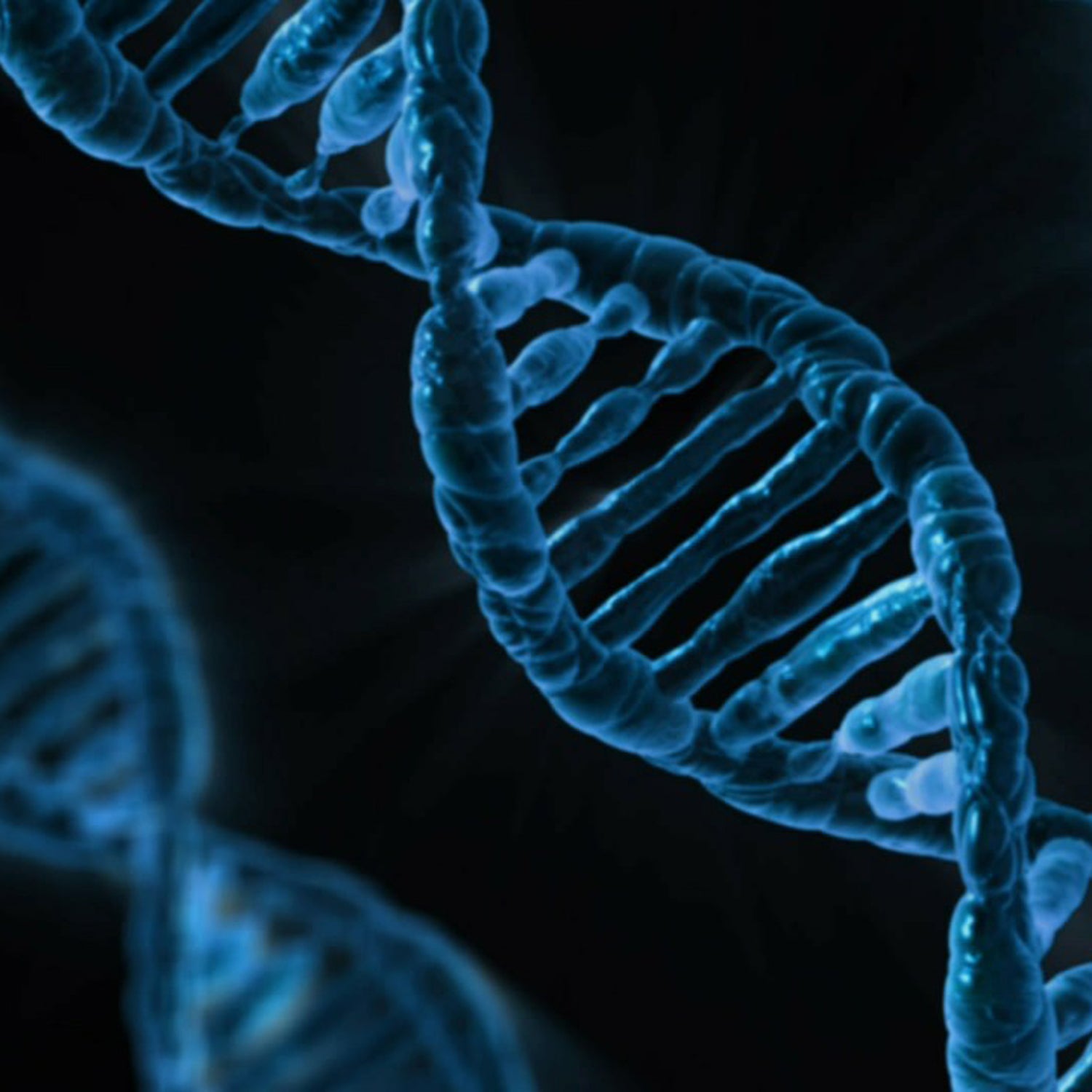South Africa’s Sport and Recreation Minister, Fikile Mbalula, said something so upsetting, the statement sparked a , multiple news stories, and demands for an apology.
A journalist had asked Mbalula about the issue of racial equality on South Africa’s national teams, many of which are mostly white. His response, the , was this:
“You can't transform sports without targets,” said Mbalula, who has battled with the issue of racial quotas for some time. But at the same time, South Africa wouldn't be like Kenya and send athletes to the Olympics to “drown in the pool.”
For Kenyans and members of other African countries, the statement was political, of endemic South African arrogance toward the rest of the continent. For researchers around the world, the backlash showed just how taboo it’s become to generalize about athletic performance according to race. Perhaps that’s one reason why genetic testing is heralded as the future of sports science: it takes the touchy issue of race out of athletics.
Take the case of the head of a physiology department at a big research university who David Epstein, author of , interviewed. “He basically confessed to me that he was withholding data from publication because he found differences in his black and white subjects,” Epstein says. The study looked into exercisers’ response to a dietary supplement. The researcher told Epstein he was afraid that by saying there were biological differences between black and white subjects, he’d be implying there might be intellectual differences, an old, wrong, and highly inflammatory stereotype. “By falling prey to that notion, he might be perpetuating it,” Epstein notes. The result of this scientist’s fear: athletes are left without the knowledge of a potentially useful or harmful supplement.
But imagine if that researcher could specify the gene responsible for the response he found. Then he could say the gene causes a certain issue and, by the way, it happens to be more prevalent in white or black people. A perfectly PC result.
That’s what the researchers who discovered the ACTN3 or “sprint” gene were able to do. The ACTN3 gene has been shown to contribute to “the muscle’s ability to generate forceful, repetitive, muscle contractions,” as writes. In other words, , author of Taboo: Why Black Athletes Dominate Sports and Why We’re Afraid to Talk About It, it helps make fast-twitch muscles fast.
found that all of them had a functional variant of that gene. The study took the approach outlined above. That is, researchers identified a gene related to sports performance, then remarked on how frequently a deficiency of this gene occurs in certain populations, like Europeans (18 percent) and the African Bantu population (less than 1 percent).
“This raises the possibility that ACTN3 genotype confers differential fitness in humans, under certain environmental conditions,” the researchers wrote. A nice way of saying, essentially, that some black people may be more inherently gifted at sprinting than some white people.
Unfortunately, identifying specific genes, like ACTN3, and their purposes is tough to do. So at this point in time, relying on what little genetic knowledge we have to guide an athletic career can have disastrous consequences.
“There are some cases where a single gene causes a huge effect all by itself,” Epstein explains. The brain disorder Huntington’s Disease, for example, is caused by a single defective gene. “But in most cases, genes work in huge networks and each one only has a tiny effect.” Researchers don’t have a great idea of how that network works yet. So even if they find a gene related to athletic ability (and they have, in fact, ) it’s still too soon to do much with it.
“To make a decision based on that gene would be like having a puzzle—you don’t even know how many pieces there are,” Epstein says, “and making a decision based on only one of them without any of the others. You might need that piece to finish the puzzle, but you have no idea what that puzzle looks like without all the other pieces.”
The ACTN3 study led people to conclude that it’s impossible to run super fast without a functional variant of that gene. That’s a dodgy deduction, and because now that it’s easy to , athletes who find they lack it may turn away from sports at which they could excel.
So while genetic testing has much promise—in both mitigating Mbalula-like controversy and maximizing an individual’s athletic talent—it still has a long way to go before it’s truly helpful. Right now it’s silly, Epstein says, to test for an athletic trait like sprinting ability indirectly through genetics “when you can test it directly with a stopwatch.”


